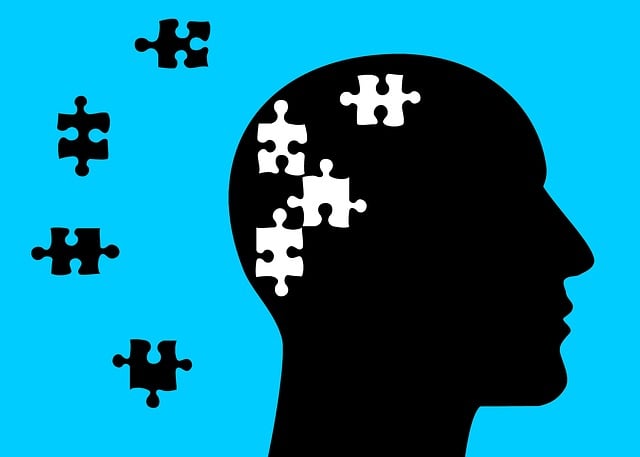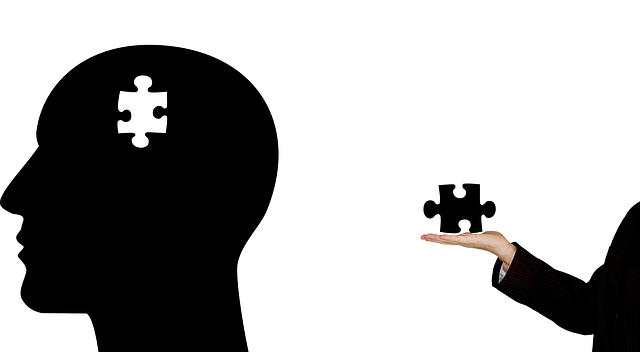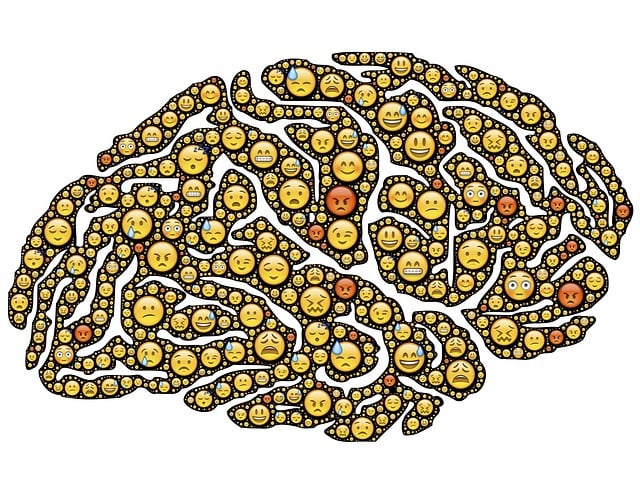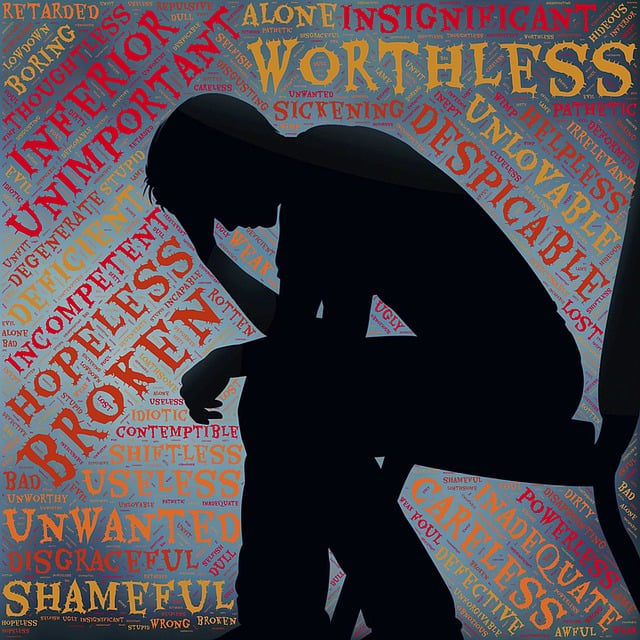Mental Health Crisis Hotlines offer immediate support with a focus on therapy for young children and family counseling, addressing diverse communities' needs. These hotlines prioritize staff well-being and cultural sensitivity while providing specialized services like mental wellness journaling and stress reduction techniques through counseling. Early intervention strategies, including family bonding activities and open communication, empower children to manage challenges effectively. Crisis counselors with advanced degrees deliver immediate assistance, teaching self-care and trauma-informed care, and refer callers for ongoing therapy or counseling. Post-crisis follow-up ensures tailored support for young children and families, building resilience and promoting mental health awareness.
“In today’s fast-paced world, mental health crises among young minds are on the rise. This article explores the vital role of mental health crisis hotline support services as a lifeline for vulnerable youth. We delve into several key aspects, including the significance of understanding these hotlines, the benefits of family counseling in supporting children’s well-being, and early intervention strategies for accessing therapy. Additionally, we examine crisis support services, the training required for counselors, and post-crisis follow-up techniques to build resilience within families.”
- Understanding Mental Health Crisis Hotlines: A Lifeline for Young Minds
- The Role of Family Counseling in Supporting Children's Well-being
- Accessing Therapy for Young Children: Early Intervention Strategies
- Crisis Support Services: Training and Qualifications for Counselors
- Building Resilience: Post-Crisis Follow-up and Family Strengthening
Understanding Mental Health Crisis Hotlines: A Lifeline for Young Minds

Mental Health Crisis Hotlines serve as a vital lifeline for young minds grappling with emotional turmoil and mental health crises. These dedicated support services offer immediate assistance, ensuring that young individuals receive the necessary guidance and care during pivotal moments of distress. Trained professionals, often equipped with expertise in therapy for young children and family counseling, provide a safe space to listen, empathize, and offer tailored solutions.
Cultural sensitivity in mental healthcare practice plays a significant role in these hotlines, ensuring that diverse communities feel welcomed and understood. By incorporating burnout prevention strategies for healthcare providers, the hotline staff maintains resilience, enabling them to consistently deliver high-quality support without compromising their well-being. This holistic approach not only benefits the young callers but also sets an example for building resilience within the mental healthcare sector as a whole.
The Role of Family Counseling in Supporting Children's Well-being

Family counseling plays a pivotal role in supporting children’s mental wellness, offering a safe and nurturing environment to address emotional challenges. This type of therapy brings together family members to identify issues, improve communication, and develop coping strategies tailored to their unique dynamics. By fostering open dialogue, counseling sessions help young individuals express their feelings, understand their behaviors, and build resilience.
Incorporating mental wellness journaling exercise guidance alongside family counseling can enhance the process. Journaling encourages children to reflect on their emotions, track progress, and explore creative outlets for expression. Moreover, stress reduction methods taught during counseling sessions equip families with tools for crisis intervention guidance, enabling them to manage acute situations effectively and promote overall well-being.
Accessing Therapy for Young Children: Early Intervention Strategies

Accessing therapy for young children is a crucial step in ensuring their mental well-being and fostering healthy development. Early intervention strategies through family counseling can significantly impact a child’s future. Many challenges that arise in childhood, such as anxiety, trauma, or behavioral issues, can be addressed effectively when identified early. Family counseling sessions provide a safe space for parents and children to communicate, understand each other’s perspectives, and develop coping mechanisms together.
By incorporating therapy into their routines, families can enhance empathy building strategies, improve conflict resolution techniques, and even prevent depression at an early stage. These interventions promote resilience in children and strengthen the bond between family members. Through tailored activities and discussions guided by professionals, young individuals learn valuable skills to navigate emotional challenges, leading to improved mental health outcomes.
Crisis Support Services: Training and Qualifications for Counselors

Crisis Support Services are often staffed by highly trained professionals who specialize in providing immediate assistance during mental health emergencies. Counselors working in these hotlines typically undergo extensive training in crisis intervention, suicide prevention, and trauma-informed care. Many organizations require their counselors to possess advanced degrees in fields such as psychology, social work, or counseling. This ensures that the support offered is evidence-based and effective.
The qualifications of these professionals extend beyond academic achievements. They are equipped with excellent active listening skills, empathy, and strong communication abilities. Counselors are trained to assess a caller’s situation swiftly, implement appropriate coping strategies, and provide resources for ongoing mental health care, including referrals for therapy for young children or family counseling. Additionally, they are often adept at teaching self-care practices and mood management techniques to help individuals build resilience and boost confidence in managing future crises.
Building Resilience: Post-Crisis Follow-up and Family Strengthening

After a mental health crisis, supporting individuals and families through post-crisis follow-up is vital to building resilience. This process involves tailored therapy for young children and family counseling to address the impact of the crisis and strengthen support systems. Mental health professionals play a crucial role in this phase by providing ongoing care, risk management planning, and burnout prevention strategies essential for managing long-term mental well-being.
Through these interventions, families gain valuable tools to navigate future challenges, enhancing their ability to cope with stress and promote mental health awareness within their households. The goal is to foster a supportive environment that prevents relapse and encourages the development of healthy coping mechanisms, ultimately strengthening the family unit.
Mental health crisis hotline support services play a pivotal role in addressing young minds’ emergencies, offering immediate assistance and long-term solutions. From understanding crisis hotlines to building resilience through post-crisis follow-up, each aspect of this framework contributes to enhancing the well-being of children and families. Integrating therapy for young children with early intervention strategies and family counseling ensures a comprehensive approach, fostering not just recovery but also overall mental health.








